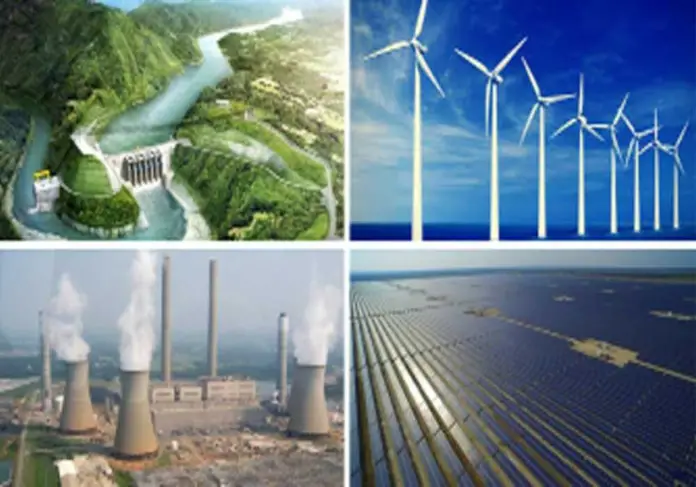The ongoing political turmoil in Pakistan is having a detrimental impact on the economy, particularly for the Pakistan Tehreek-e-Insaf party. Raza Jafri explains that the situation has hindered economic growth and investment opportunities. While Pakistan has seen some foreign direct investment (FDI) in recent years, mainly through the China-Pakistan Economic Corridor (CPEC) projects in the power and energy sectors, the amount falls significantly short compared to the early 2000s during the Musharraf era.
According to Raza Jafri, an economist, during that period, FDI reached approximately five to six billion dollars annually and was more diversified, encompassing sectors such as energy, telecommunications, banking, and financial services. However, due to the global financial crisis and the impact of terrorism in Pakistan, the investment climate changed. In recent years, funds have flowed in from CPEC projects, but many of these initiatives require completion or further development.
The ongoing political turmoil is likely to delay many plans. Foreign investors may become hesitant to invest in Pakistan, and we have already witnessed the departure of several multinational corporations, particularly in the pharmaceutical industry. If political instability persists, more plans are likely to be postponed or cancelled.
Even in the startup space, there has been a freeze in global funding. When the cycle turns and investment resumes, Pakistan could lag behind other countries if the political turmoil continues. This is unfortunate considering Pakistan’s large population and potential for growth. Negative headlines and uncertainties have the tendency to sideline and derail development plans.
Some argue that politics might be taking precedence over economic matters, diverting attention from necessary reforms and economic policies. It is crucial for Pakistan that the political situation stabilize quickly, as prolonged uncertainty is unsustainable. The country needs its policymakers and politicians to focus on economic matters and address the pressing needs of the nation. Resolving the political trauma and bringing about stability is essential for Pakistan’s long-term growth.
While it is possible for Pakistan to raise the necessary funds to address the funding gap over the next year, the persistent political turmoil may hinder this process. The sooner the situation settles, the better it will be for the country. Pakistan cannot sustain such a high level of uncertainty for an extended period. It is imperative to prioritize the economy and ensure that the necessary attention is given to economic development.







